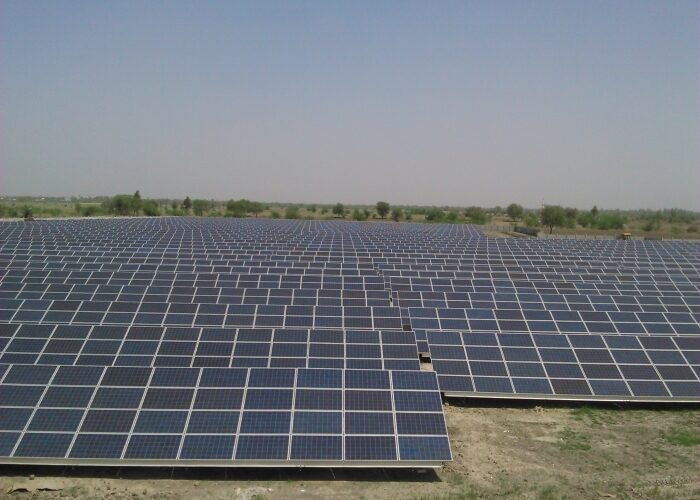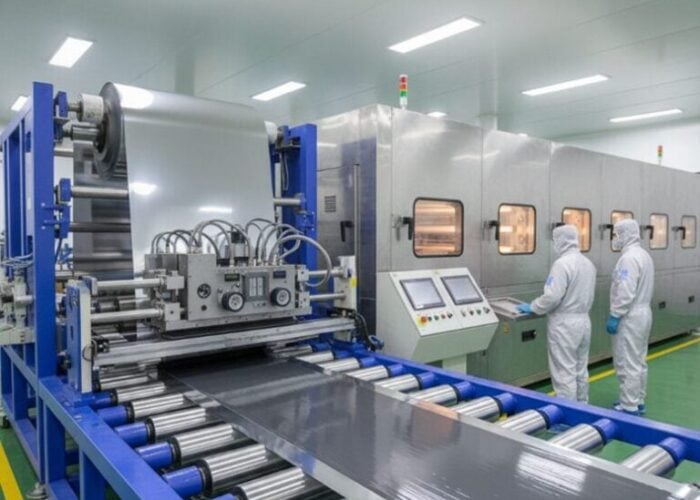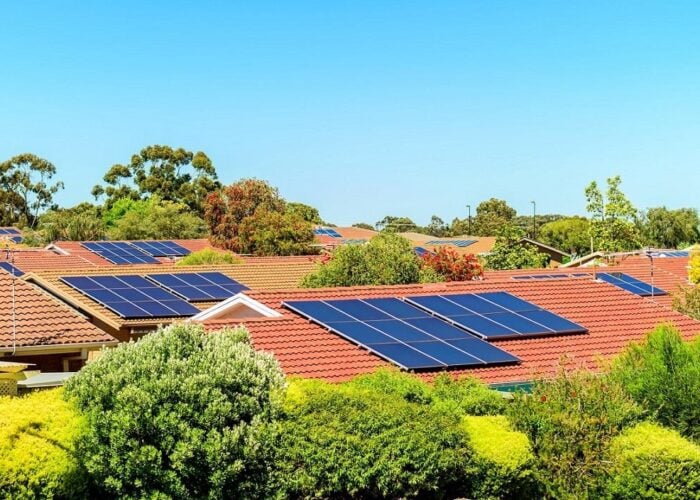
Not-for-profit research firm The Energy and Resources Institute (TERI) has collaborated with a Delhi distribution company BSES Rajdhani Power Limited (BRPL) to investigate technical challenges and solutions for renewable energy grid integration.
The two parties will produce a study, focusing on grid-connected solar rooftop PV, energy storage, EVs and smart grid initiatives, that will look at how these evolving technologies will impact loading of feeders, static and dynamic voltage regulation, power quality and other relevant challenges on the grid.
Try Premium for just $1
- Full premium access for the first month at only $1
- Converts to an annual rate after 30 days unless cancelled
- Cancel anytime during the trial period
Premium Benefits
- Expert industry analysis and interviews
- Digital access to PV Tech Power journal
- Exclusive event discounts
Or get the full Premium subscription right away
Or continue reading this article for free
BRPL, a joint venture between Reliance Infrastructure and the government of NCT of Delhi, supplies two-thirds of the Indian capital’s electricity alongside sister company BSES Yamuna Power. Ultimately the aim of the study is to make the growing deployment of rooftop solar in BRPL’s catchment area as easy and smooth as possible.
Both organisations showed a willingness to accommodate for the energy transition, brought about by rooftop solar particularly.
For example, Amal Sinha, CEO, BRPL, said: “BRPL is prepared to accept the challenges of incorporating large-scale rooftop solar and electric vehicles into distribution system rather opposing the same.”
The Delhi government approved its first solar policy on 6 June 2016. Consultancy firm Bridge to India later said that the smoggy capital could become a model for rooftop solar implementation across India. The Delhi government also recently opened the registration process for rooftop PV in the city having set a target for 1GW by 2020.






